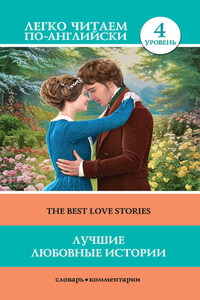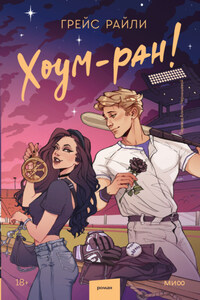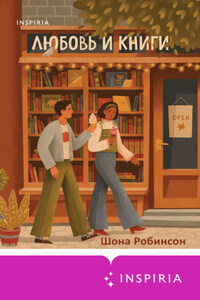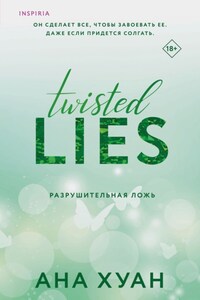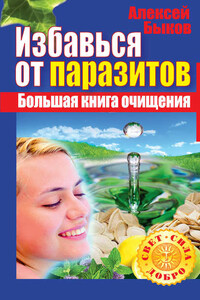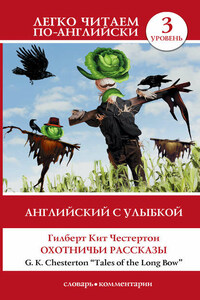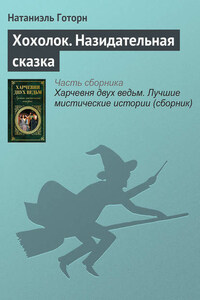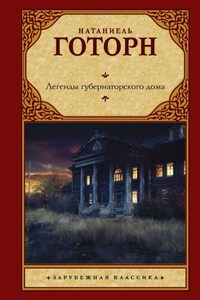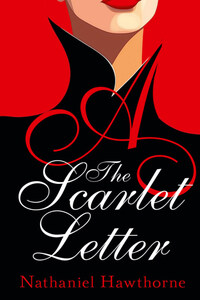Rappachini’s Daughter
After Nathaniel Hawthorne (1804–1864)
A young man, named Giovanni Guasconti, came, very long ago, from the more southern region of Italy, to pursue his studies at the University of Padua. Giovanni, who did not have very many gold ducats in his pocket, took lodgings in a high and gloomy room of an old house which looked worthy to have been the palace of a Paduan noble, in fact, a family mansion. Being heartbroken, which was natural to a young man for the first time out of his native places, Giovanni sighed heavily as he looked around the empty and ill-furnished apartment.
“Holy Virgin,[1] signor!” cried old Signora Lisabetta, who, won by the youth’s remarkable beauty, was kindly trying to give the room a habitable air.[2] “Why should[3] a young man sigh like that? Do you find this old mansion gloomy? Then, put your head out of the window, and you will see as bright sunshine as you have left in Naples.”
Guasconti mechanically did as the old woman advised, but could not quite agree with her that the Paduan sunshine was as cheerful as that of southern Italy. Such as it was, however, it fell upon a garden beneath the window with a variety of plants, which seemed to have been cultivated with exceeding care.[4]
“Does this garden belong to the house?” asked Giovanni.
“No; that garden is cultivated by the own hands of Signor Giacomo Rappaccini, the famous doctor, who has been heard of as far as Naples. It is said that he turns these plants into medicines that are as strong as a charm. Often you may see the signor doctor at work, and perhaps the signora, his daughter, too, gathering the flowers that grow in the garden,” answered old Lisabetta.
The old woman had now done what she could to make the room look better; and left.
Giovanni looked down into the garden beneath his window. From its appearance, he judged it to be one of those botanic gardens which had been in Padua earlier than anywhere in Italy or in the world. Or, probably, it might once have been the garden of a rich family; for there was the ruin of a marble fountain in the centre, but so shattered that it was impossible to see the original design from the chaos of remaining fragments. The water, however, continued to sparkle in the sun. All about the pool into which the water fell grew various plants, that seemed to require plenty of moisture for the gigantic leaves and gorgeous flowers. There was one shrub in particular, set in a marble vase in the middle of the pool, that had purple blossoms, each of which seemed bright enough to illuminate the garden. Every portion of the garden had plants and herbs, carefully cultivated.
While Giovanni stood at the window he heard a rustling behind a screen of leaves, and became aware that a person was at work in the garden. His figure soon came into view. It was a tall, emaciated, and sickly-looking man, dressed in a scholar’s black cloak. He was elderly, with gray hair, a thin, gray beard, and a face singularly marked with intellect, but which could never, even in his more younger days, have expressed much warmth of heart.
This scientific gardener examined every shrub with great care: it seemed as if he was looking into their nature, and discovering why one leaf grew in this shape and another in that, and why such and such flowers differed among themselves in color and perfume. Nevertheless, in spite of his deep interest, there was no intimacy between himself and these plants. On the contrary, he avoided their actual touch or the direct inhaling of their odors with a caution that impressed Giovanni most disagreeably. The man behavior was as if he was walking among savage beasts, or deadly snakes, or evil spirits, which, should he allow them one moment of license, would wreak upon him some terrible fatality. The young man was frightened to see such an attitude in a person cultivating a garden, the most simple and innocent of human actions. Was this garden, the Eden of the present world? And this man, seeing harm in what his own hands grew, – was he the Adam?
The gardener, while plucking away the dead leaves or pruning the shrubs, defended his hands with a pair of thick gloves. When he came to the magnificent plant that hung its purple blossoms beside the marble fountain, he placed a mask over his mouth and nose. Finding his task still too dangerous, he drew back, and called loudly, “Beatrice! Beatrice!”
“Here am I, my father. What do you want?” cried a rich and young voice from the window of the opposite house. “Are you in the garden?”
“Yes, Beatrice,” answered the gardener, “and I need your help.”
Soon there emerged from under a portal the figure of a young girl, dressed with taste like a flower, beautiful as the day. She looked full of life, health, and energy. Yet Giovanni looked down into the garden; he had an impression as if here was another flower, as beautiful as other flowers, more beautiful than the richest of them, but still to be touched only with a glove, not to be approached without a mask. As Beatrice came down the garden path, he saw her inhale the odor of several of the plants which her father had avoided.
